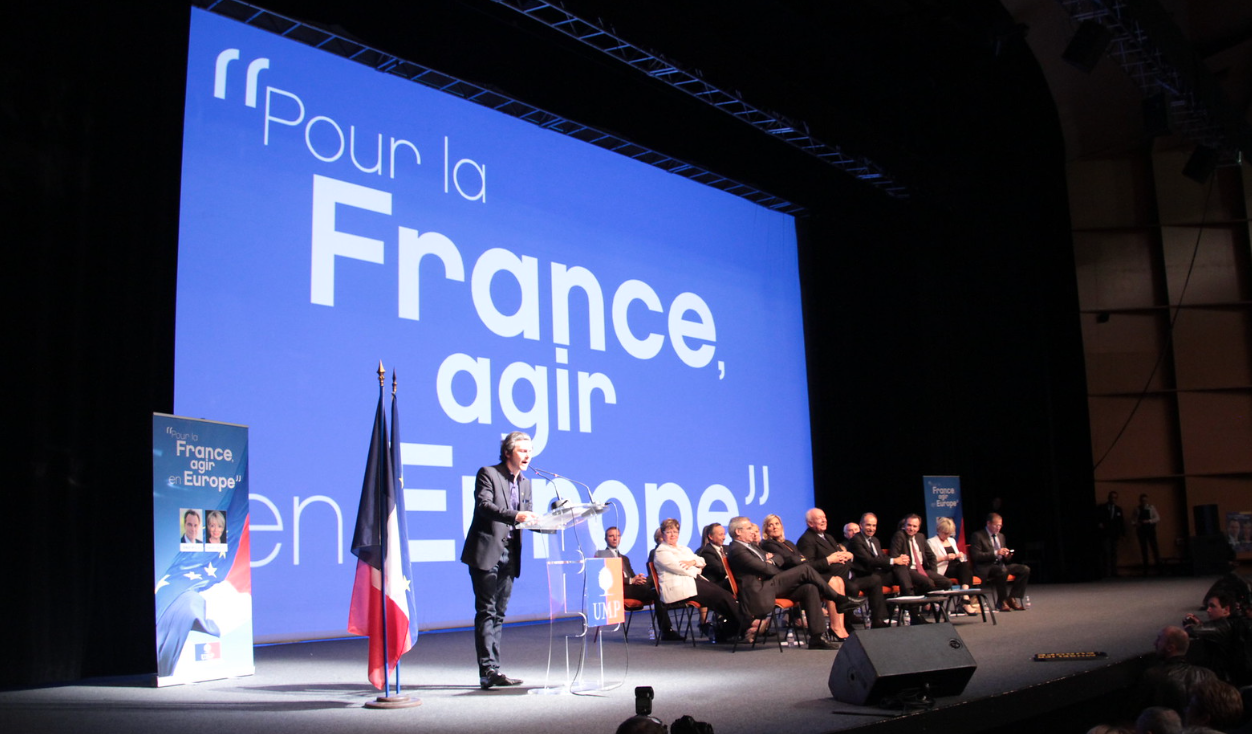76% of 18 to 34-year-olds plan to abstain from voting in the upcoming European elections. With the vote scheduled from June 6 to 9, the situation is worrisome. Between disinterest and disengagement, abstention or being tempted by the National Rally…young people are being closely monitored with attention.
360 million Europeans are called upon to vote and France will have to elect 81 deputies. Their role? To debate and vote on laws proposed by the European Commission. But the 2024 European elections are expected to be marked by abstention and might even break a record.
According to a survey by IFOP-Fiducial, abstention is expected to reach 76% among young people aged 18 to 34. The reason? They feel they are not politically represented and are said to be depoliticized. To explore this, the question was posed to young people in Nice, focusing on their voting intentions and the place of politics in their daily lives.
The Place of Politics in the City of Nice
For this occasion, on March 29, the city of Nice organized an intergenerational role-playing game to understand the workings of the European Parliament. This included the issues and the impact of the European Union on the daily lives of French citizens.
Although this game brought together 150 young people and seniors, the IFOP study shows that a large portion of young French people do not plan to vote.
The Challenge of Political Disinterest
As the European elections approach, several people from Nice have made their decision. Political illiteracy, fatigue, and skepticism about the usefulness of voting in political decisions…these are the reasons for this absenteeism.
As Sarah, a 22-year-old student, says: “I am not interested in politics at all, partly because we are not introduced to it. So, I have not planned on voting because politically made decisions do not have repercussions on my life.”
According to Public Sénat, researchers refer to this as “intermittent abstention” to characterize this electoral behavior. That is, a significant turnout during the presidential election, but much less during other votes like the European ones.
As Valentin, aged 23, explains: “I am used to voting but only for the presidential elections because I believe it is the most important election. I don’t really see the impact European elections can have.” According to an INSEE study, in 2019, 62% of those aged 18-24 did not show up to vote even though they had a voter card.
“Voting is a Right and a Duty of a Citizen”
Among those planning to vote, 32% of 18-24-year-olds are in favor of Jordan Bardella and thus the RN. This rate reveals that young people are the second age category to vote in favor of the far right. Among those planning to vote, Baptiste, a 23-year-old from Nice, says: “One might wonder if voting changes anything in the country’s politics, but I will vote. It is a right and a duty as a citizen. We have the chance to express ourselves, even if we vote blank, it is a gesture of protest that might exert influence.”
Although some young people plan to vote, their knowledge of politics remains minimal. This is the case with Valentin (another interviewee, editor’s note), 25, who plans to vote for the LFI without apparent reasons. “I wouldn’t really know how to explain my choice because I don’t have a great understanding of political parties. But I know the big lines.” he explains.
The Political Divide Does Not Allow for True Representation of the Population
However, today’s politics show a left-right divide since Emmanuel Macron’s victory and his “new center.” According to Libération, Emmanuel Macron carried the slogan “both left and right,” which became “neither right nor left,” then was qualified as “both right and right.” Thus, the divide does not allow young people to feel represented.
There is also an evolution in mentality and openness on certain topics. Generations take the best from each party rather than identifying with a single ideology.
As Léa, 19, explains: “I don’t feel represented at all because I take good ideas from all sides but there isn’t a party that has all its ideas in practice, so it’s 50/50. As a woman, given the complexity for women to have the right to vote, I would find it horrible not to do it.”
New Ways to Engage
According to the Jean Jaurès Foundation, the absence of voting among young people does not indicate disengagement on their part. A survey conducted by BVA Xsight in 2022 shows that 55% of 18 to 24-year-olds consider themselves engaged. Whether in a union, association, or individually.
Even though young people do not take an interest in politics and see no utility in voting, their battles and stances are increasingly pronounced on social networks. According to the 2023 Barometer, online engagement through petitions and social networks remains “the most widespread youth civic engagement.” A new way to show their opposition and discontent with political decisions made.


